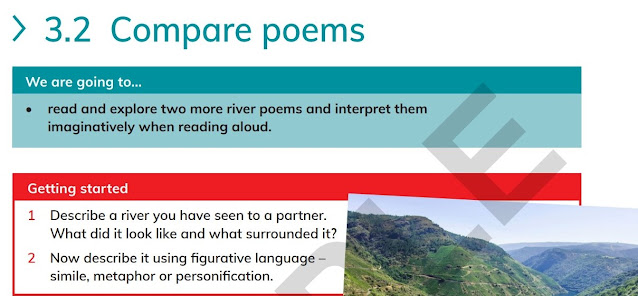Unit 1: A World of Adventures
K: Know how to obtain information through questions.
U: Understand how to exchange information with people.
D: Do some discussions about Unit 1.
Talk Time
1. Look at the oceans on the map. Water covers nearly three-quarters of the Earth's surface. Count the number of oceans on the map.
2. What do you think this unit is about? How do you know?
3. Before we move on, watch this video. Have you seen a storm or been caught in a storm on land? If so, tell a partner about it.
4. "I'm not afraid of storms for I'm learning how to sail my ship." Do you think Louisa May Alcott believes we should always keep safe or learn how to look after ourselves?
You will be broken down into breakout rooms. In 10 minutes, collect as many information as you can from the 4 questions. If you wish to be creative, one of you will be the journalist and jot down the information given on a Google Doc, PowerPoint, or Keynote slide.
Describing the Sea
On page 9, you will learn some exciting verbs that help you to imagine storms at sea. Verbs are 'doing words' so they tell you what the sea does. Example: The sea roars and pounds on the beach.
Part A: Match the words to its meaning. You may use a dictionary to help you.
Example: 1. crashing is c. making a loud noise
1. crashing
2. curling
3. exploding
4. lashing
5. pounding
6. shaking
7. tumbling
a. moving in a curve
b. beating down
c. making a loud noise
d. moving like a whip
e. moving something up and down very fast
f. falling
g. bursting with a loud noise
Please write your answers in the comment section below or in your textbook.
Part B: Rewrite the sentences below, replacing the underlined words with a word from the list of words in blue.
vast din awestruck fearsome battering
Example: The boy watched the vast waves.
1. The sea was hitting the ship.
2. He was amazed by the scene.
3. He heard the noise of the water crashing against the boat.
4. A scary creature appeared out of nowhere.
Which sentences sounds more interesting? Those with the underlined words or the new ones you have replaced?
Please write your answers in the comment section below or in your textbook.




Hello children. Do type your answers here :)
ReplyDeleteOk
Delete1c 2a 3g 4d 5b 6e 7f
ReplyDeletecan you see this message
ReplyDeletei am ethan 5 aestas
ReplyDelete